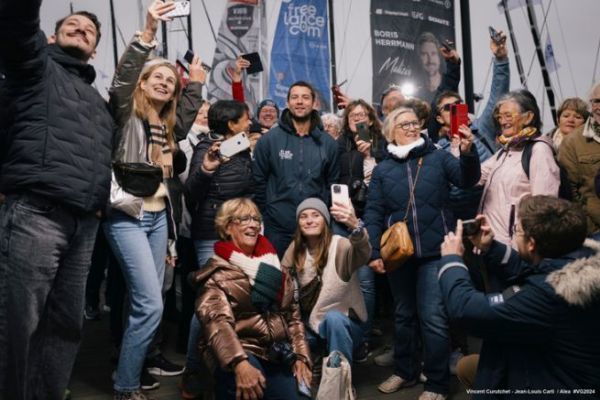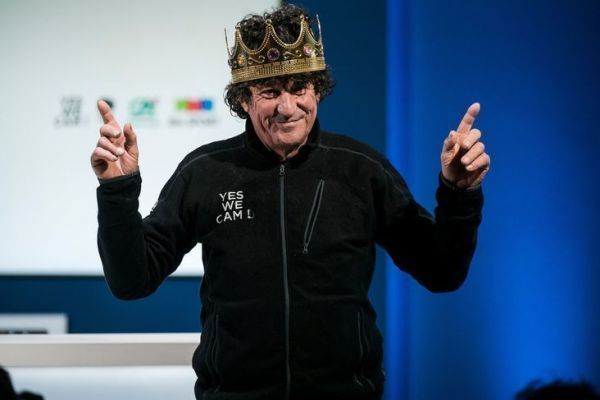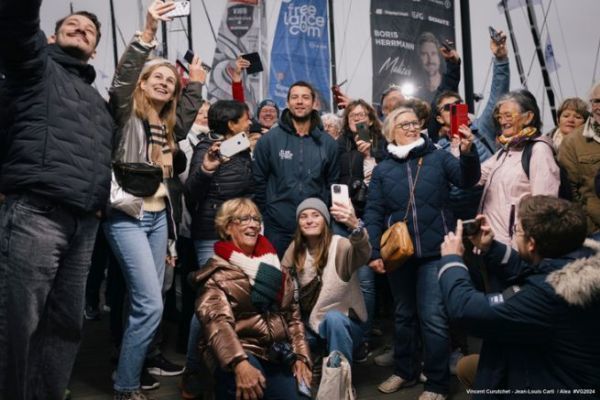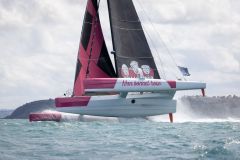Influencers with VIP access, skippers who have to produce the equivalent of a feature-length film each to tell the story of their race, and a public that devours what they're given while being picky, deploring the fact that skippers have become communicators who only want to talk to small screens. But what's really going on? Will influencers replace journalists? Should skippers communicate as naturally as they sail? Is the public really being left out in the cold, or are they benefiting from a better experience?
Lola Koh Lanta aux Sables d'Olonne
The story caused a scandal on the networks - all things considered, of course, since we're only talking about the small world of sailing. Marc Thiercelin, a former Vendée Globe racer, was refused free access to the pontoons, even though the organization had rolled out the red carpet for influencers to come and meet the skippers and make noise about the race: all expenses paid (transport, accommodation and catering costs plus remuneration), they were let loose in the village, where they could be seen wandering around in total freedom, on the pontoons, on board the IMOCA boats or at media HQ.
Some people almost thought the race was being followed on Onlyfans, because reading @inesduhard's pseudonym, written all tied up on Instagram, was highly confusing. That's all it took to get things moving on one of the Vendée Globe's most popular FB groups. But the reality is that today, a sailing journalist, or even a former Vendée Globe racer who has climbed to second place on the podium, is no match for influencers who sometimes individually have audiences two or three times larger than the entire specialist press combined.
The Vendée Globe is already followed by all sea-lovers, often known only to them, and if it is to endure, grow and make a lasting impression in a world where investors are constantly greedy for profitability, this race must also appeal to the general public and capture an audience via channels other than the traditional and specialized media.
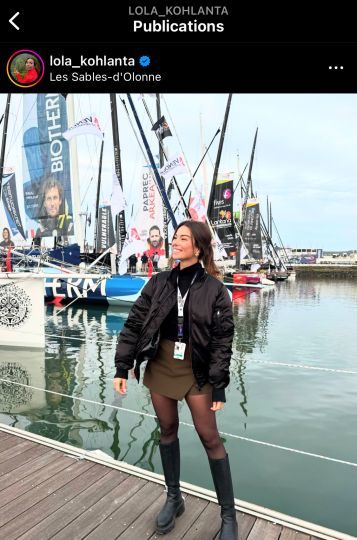
There are 3 million yachtsmen in France, but the ambition of the Vendée Globe, like that of any large-scale sporting event, is to touch the hearts of all French people, as stated in the VG 2024 marketing and communications appendix: the race must " offer the general public the most extensive media coverage possible of the race and its Skippers, and enable all Participants and the Organizing Authority to benefit from audiovisual coverage commensurate with their respective commitments ".
Q ou want the end, put in the means. Influencers and the new broadcasting channels they use - Instagram, TikTok - reach the masses as effectively as traditional channels such as radio, the press or television, so why should the organization deprive itself of this? Especially as some of the athletes taking part in 2024 have already been tapping into this vein for a long time, swelling the ranks of sailing fans, or rather, fans of sailors.
The gold rush
Some very popular skippers owe their presence on the starting line to their success on these new media, an el dorado for influencers, but also a new playground for ocean racers of all generations, who are investing heavily in them and taking advantage of them to share their dreams of adventure, find sponsors and spread their digital notoriety.
By completing her Vendée Globe in 2021, Clarisse Cremer went on to win, alongside her former sponsor Banque Populaire, the "Grand Prix Stratégies du marketing digital", thanks to which we learn that their campaign reached over 10 million people, particularly women and young people, generating profits of several million euros for the sponsor via digital channels. A new audience and a new market that brands would be wrong not to invest in.
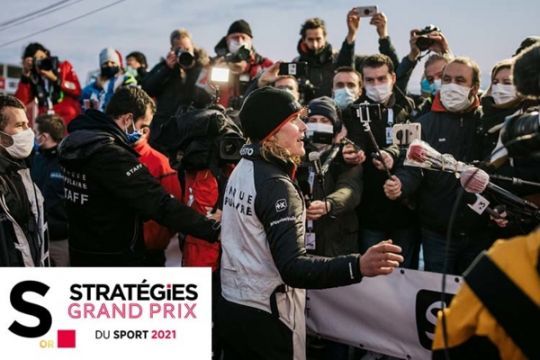
Pole reversal
The striking power of social networks is such that it's no longer the athlete who needs the medium, but almost the medium that relies on the athlete/influencer to regain its advertising health. If Guirec Soudée asks his 280k subscribers to buy the magazine he's on the cover of, it can significantly boost sales... Initially wary of these new information and communication media, the press - and the nautical press in particular - would do well to exploit the low costs and potential that these digital applications represent today, even if they are put to late use.
Influential navigators and navigating influencers
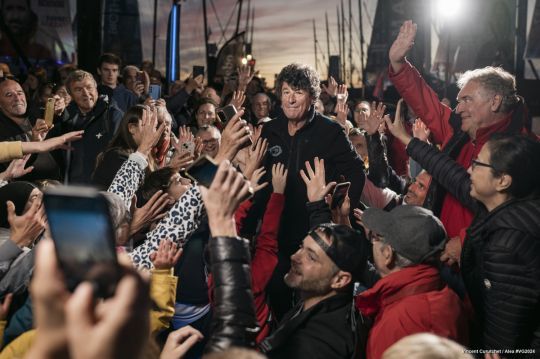
More and more skippers, like Violette Dorange, Guirec Soudée and Clarisse Cremer, who were born with social networks, will grow up digitally while evolving professionally. Their notoriety will shift the focus of sponsors, and the center of gravity of investments. We won't bet the same on a skipper who has a committed community and is naturally at ease with a smartphone. You either have to be good on the water, or good on the networks, and long live those who know how to have it both ways. In this game, Violette Dorange, Clarisse Cremer and Jean le Cam have already won everything.

 /
/ 